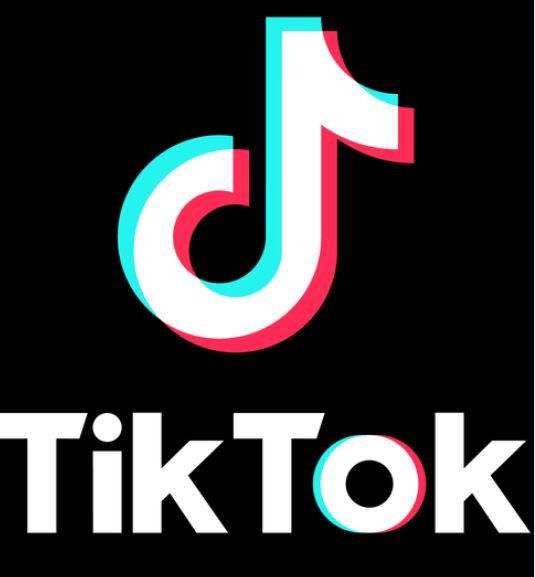The worldwide popular video-sharing app TikTok has found itself in the crosshairs of governments in different countries, facing bans and restrictions due to concerns over data privacy, security, and the influence of its Chinese parent company, ByteDance.
 |
| TikTok, the destination for short-form mobile videos, is facing challenge of getting banned. |
Data Privacy and Security Concerns
At the heart of the matter lies the fear that TikTok's vast trove of user data could fall into the hands of the Chinese government. Chinese laws require domestic companies to provide data to the government upon request, raising concerns that TikTok could be compelled to share sensitive information about its users, including location data, browsing history, and personal communication book.
These concerns have prompted several countries to take action. India, citing threats to national security and user data, banned TikTok along with 58 other Chinese apps in 2020. The United States, while not imposing a nationwide ban, has restricted the app's use on government devices and is considering further measures.
Nepal will also impose ban on TikTok. Nepal said Monday it will ban TikTok, citing the app's negative effects on the country's social values.
Countering Chinese Influence
Beyond data privacy, governments are also wary of TikTok's potential to be used as a tool of Chinese influence. With its massive user base, particularly among young people, TikTok could be used to spread propaganda or disinformation, or even to manipulate public opinion.
This concern has led to bans on TikTok in countries like Taiwan and Bangladesh. In the United States, the Committee on Foreign Investment in the United States (CFIUS) is currently reviewing ByteDance's acquisition of TikTok, with the possibility of forcing the company to divest its ownership of the app.
What says TikTok
In response, TikTok has vigorously denied any allegations of data sharing with the Chinese government and has taken steps to reassure users about its privacy practices. The company has also appointed Shou Zi Chew, a former Google executive, as its CEO in a move seen as an attempt to distance itself from its Chinese roots.
TikTok is the destination for short-form mobile videos.
Despite these efforts, TikTok continues to face scrutiny from lawmakers worldwide. The app's global popularity and its ties to China have made it a target for those concerned about data privacy, security, and foreign influence. As TikTok seeks to expand its reach, it will need to address these concerns head-on to ensure its long-term viability.